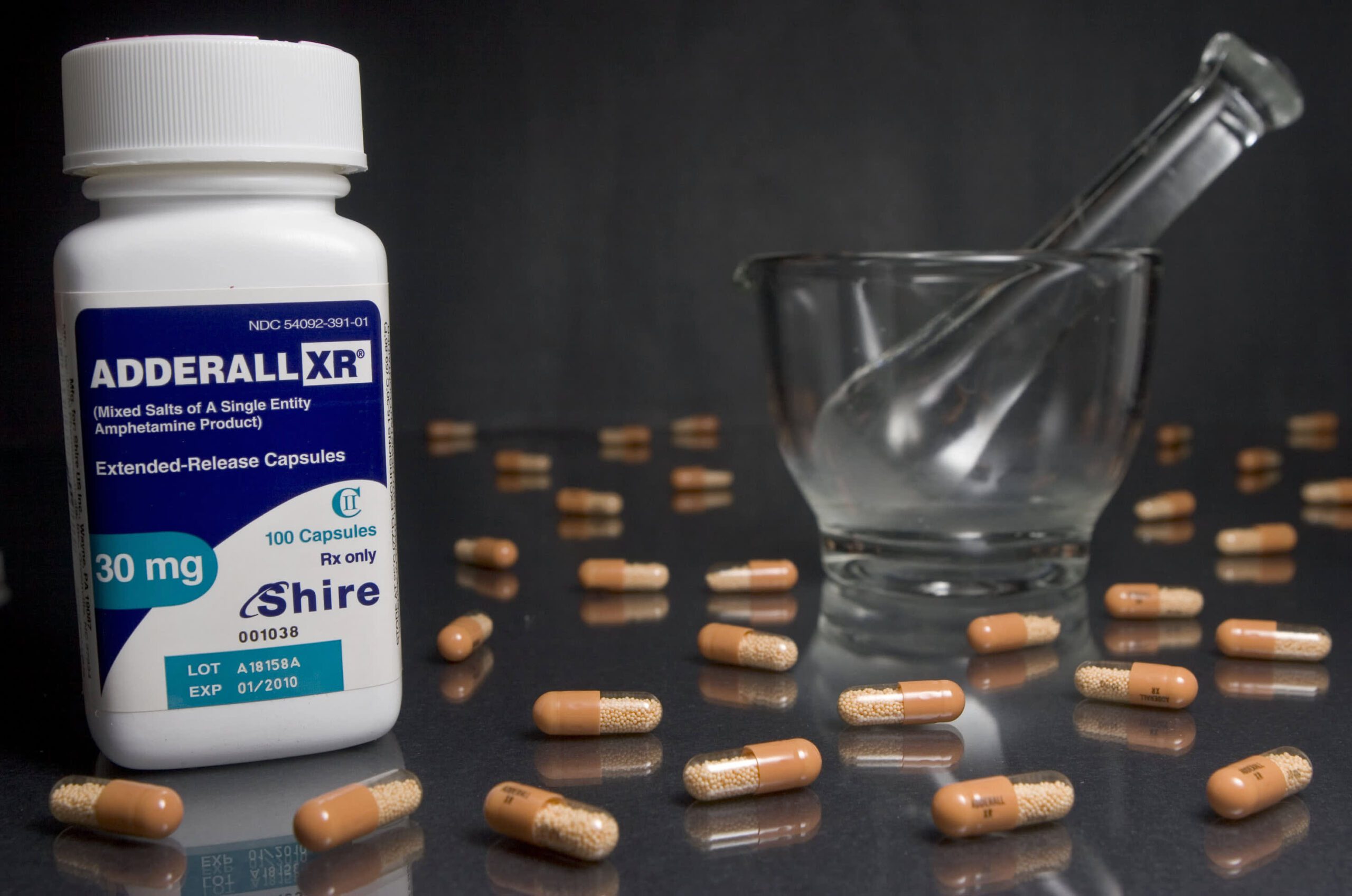A traumatic brain injury, on the other hand, is a very serious health issue that will have a huge impact on how your brain functions. One usually gets a TBI from a real hard hit or blow to one’s head or having been struck by a penetrating object. TBIs are recognized in the USA as a prevalent cause of death and disability.
They can generate a variety of short- or long-lasting disabilities that affect virtually all areas of your life. Although there are treatments for TBIs, the more critical approach here is that preventive measures are also available to save an individual from such injury.
Complications of Traumatic Brain Injuries
Consequences linked to suffering a mild, moderate, or severe traumatic brain injury are appropriately defined based on the level of damage and its duration. Let’s assume, for instance, that you have suffered a mild TBI.
Failure to rest and allow the brain to heal could be setting you up for an alarming, fatal disorder called second-impact syndrome. This life-threatening influence is produced by fast cerebral swelling, which displaces the brain tissue.
Now, let’s take a look at moderate to severe TBIs. These are the significant ongoing issues, and some of the health effects might include:
- Brain hemorrhage
- Seizure does happen
- Permanent and disabling brain damage
- Decreased life expectancy
Also, a moderate or severe TBI raises the likelihood of many other conditions, such as being the initiating cause of Alzheimer’s disease. It can also bring on anxiety or escalate into Chronic Traumatic Encephalopathy, a form of progressive degenerative brain disorder that usually occurs in athletes and veterans because of repetitive brain traumas.
Another expected consequence is depression or motor disorders that can affect the disturbance of physical coordination and equilibrium. Then, a post-traumatic disease may occur—Post-traumatic Stress Disorder (PTSD), a mental illness condition acquired from witnessing or experiencing a terribly frightening event.

Diagnosis of TBI
Emergency treatment must be sought immediately if you suspect a head injury or other trauma that may result in TBI. Your doctor will collect information with the help of:
- Querying the patient about symptoms
- Carrying out a neurological examination
- Types of imaging tests that could be performed are a CT or MRI
- Maybe something like a Glasgow Coma Scale can be useful in determining the severity of TBI
- Performing neuropsychological tests to evaluate your brain function.
Treating TBI
The management of TBI essentially relies on two things: the size or severity of an injury and the location in the brain where an injury is sustained. If you have a mild TBI, rest is the treatment for your injury. You might use over-the-counter pain relievers if you have a headache. Remember, following your provider’s instructions is important to completely rest and slowly ease back into your life’s activities.
There is also a good chance of recovery, but it might require more time and energy than expected. If you start to suspect you are not getting better or new symptoms develop, make sure you contact your healthcare professional.
For individuals with moderate to severe TBI, doctors will first stabilize them to prevent further damage. They will then closely monitor the patient’s blood pressure and intracranial pressure and ensure that enough blood and oxygen reach the brain.
Until they’re confident you’re stable, potential treatments will include:
- Surgery to prevent your brain from getting damaged anymore.
- Medications that can help manage symptoms of TBI and reduce some of the risks associated with it.
- Therapies, such as physical, emotional, and even cognitive therapies.
Remember, some individuals with TBI may have enduring disabilities. You could also be at a higher risk for other serious health problems due to TBI.
These include mental health concerns, particularly anxiety, depression, and post-traumatic stress disorder. These are treatable illnesses, and it’s important to realize that you can and will significantly improve your quality of life by receiving appropriate treatment and care.
What is Adderall?

Basically, Adderall is a stimulant of the central nervous system; it works similarly to Ritalin in that it causes an increase in the production of norepinephrine and dopamine in your brain, which accordingly increases brain activity. All kinds of authoritarian measures by a doctor are key to the treatment of symptoms of ADHD, such as:
- Inattention and concentration deficits
- Mood changes
- Executive malfunction
- Acts on impulse
In reality, these side effects are present in either ADHD or brain damage situations, so most physicians orientate their prescriptions of the drug, Adderall, to their brain damage patients.
Can Adderall Help Against the Brain Injury Nightmare?
Adderall is charged with making an effective prognosis by increasing levels of dopamine in the brain in TBI patients. In contrast to Ritalin, which was just a recent development, Adderall has a long-term effect on the brain. This is a preferable quality for those with serious attention deficits. In fair exchange, it is 100 times more addictive than Ritalin.
Hence, when medical prescription of Adderall is inevitable, strict monitoring by health professionals should be in place. While Adderall will enhance brain function in many ways, it’s important to remember that it is the only proven treatment for reversing the cognitive symptoms of TBI, consistent therapy. That’s why it works even better when you combine it with some type of cognitive therapy.
Advantages of Adderall In TBI Patients
Chemicals such as dopamine expand mood, concentration, and motivation, which scientists often call “feel-good” chemicals in increasing or boosting. This kind of loss, however, indicates that in brain injuries, there is a significant loss of dopamine receptors in patients.
However, Adderall may help by increasing the amount of dopamine available to the level that a TBI patient could utilize more. This, in turn, can boost a person’s motivation and concentration. Researchers from Brown University have even suggested that Adderall might help people focus more on the positive aspects of work.
This will be very useful for TBI survivors, where Adderall will help them persist with home therapy, an aspect that many patients traditionally find very tiring. Another study proved that Adderall increases memory and processing rates in TBI patients. However, Adderall interacts in the frontal lobe to stimulate it and keep TBI patients alert, especially those who struggle with cognitive fatigue.
Adderall Side Effects
Adderall side effects that tend to be common include:
- Anxiogenic
- Stomach
- Rapid heart rate
- Sleeplessness
- Fearfulness
- Headaches
- Vertigo
- Loss of the appetite
Finally, as a stimulant, Adderall has the potential for habituation. Therefore, following your doctor’s advice and never taking more than is prescribed is very important.
Is Adderall’s Amphetamine Dangerous?
First, one should note that Adderall does contain amphetamine salts, which are addictive. But the bright side is that pharmacies intentionally mix the amphetamines with other ingredients to dilute their strength, making it much safer than street drug derivatives with the same ingredients. But we cannot forget, for instance, that in some cases, Adderall can still be addictive, particularly with a history of substance use.
Drug Interactions
Drugs that can experience interactions with Adderall may result in a reduction of the efficacy of the drug, affect the time of action, increase side effects, or decrease their action when taken together with Adderall.
There is no need to discontinue a drug just because there is an interaction between the two drugs; it may really be necessary in some cases, though. The best way is to have a talk with your health provider on the proper way to go about any possible drug interactions.
There are overall drug interactions with Adderall. They include:
- Blood thinners, for example, warfarin, as well as other drugs with blood thinning qualities, such as aspirin or NSAIDs.
- Drugs controlling seizures, for instance, phenytoin, phenobarbital, or primidone.
- Antidepressants such as tricyclic antidepressants like amitriptyline, monoamine oxidase inhibitors like isocarboxazid, phenelzine, and tranylcypromine, or SSRIs like fluoxetine and sertraline.
- Antipsychotic drugs consist of butyrophenones, phenothiazines, thioxanthenes, and atypical ones like olanzapine, quetiapine, and ziprasidone.
- Any medication inducing drowsiness, like benzodiazepines, for example, diazepam, lorazepam, first-generation antihistamines like doxylamine or promethazine, metoclopramide, or opioids like codeine, morphine.
Bottomline
It is strongly recommended to stay away from any alcoholic drink or consumption of any illegal or recreational drugs when taking Adderall. So, always get a prescription from your doctor before using Adderall or any other medication.

